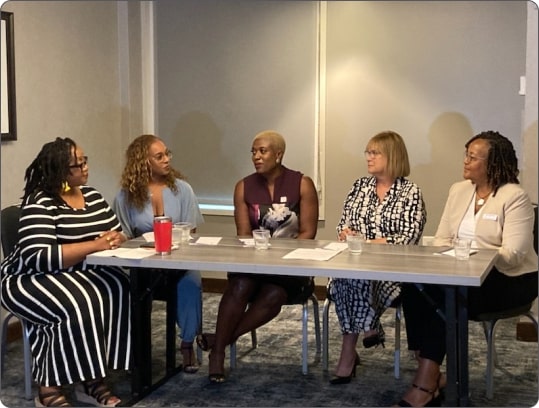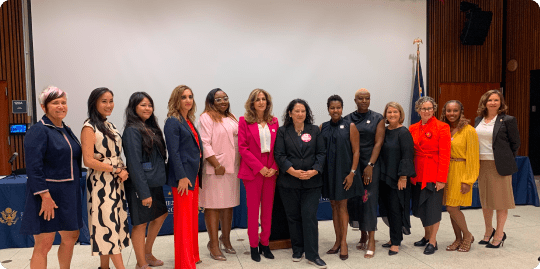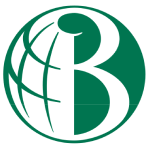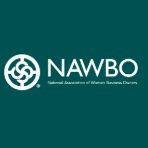History
The National Women’s Business Council (“NWBC” or “Council”) was created under Title IV of H.R. 5050, the Women’s Business Ownership Act of 1988, as amended (15 U.S.C. § 7105, et seq.). Authored by Congressman John LaFalce (D-NY) and signed into law by President Ronald Reagan, H.R. 5050 established NWBC, which operates in accordance with the Federal Advisory Committee Act (FACA).
This landmark piece of legislation also:
- Eliminated individual state laws requiring women to have a male relative or husband to co-sign a business loan;
- Established the Women’s Business Center (WBC) program to provide female entrepreneurs with business education and entrepreneurial support;
- Required the U.S. Census Bureau to include woman-owned corporations in their data collection.


The National Women’s Business Council is a nonpartisan federal advisory committee serving as an independent source of advice and policy recommendations to the President, the U.S. Congress (to the Committees on Small Business of the Senate and House of Representatives), and to the Administrator of the U.S. Small Business Administration (through the Assistant Administrator of the Office of Women’s Business Ownership) on issues of importance to women business owners and entrepreneurs.
1
Presidentially appointed Chair
4
Women business owners of the president’s party
4
Women business owners not of the president’s party
6
Representatives of national women’s business organizations
Meet the NWBC Council Members
As the only independent federal advisory committee for the approximately 13 million women-owned businesses in America, NWBC fulfills its mission by:
- Monitoring, reviewing, and analyzing policy recommendations and programs developed in the public and private sectors, which can impact women business owners’ ability to establish credit and obtain capital;
- Promoting and assisting in the development of a women’s business census and other relevant women-owned business surveys;
- Monitoring and promoting the plans, programs, and operations of the departments and agencies of the federal government, which may contribute to the establishment and growth of women’s business enterprise;
- Developing and promoting new initiatives, signature programs, and strategies designed to foster women’s business enterprise.






